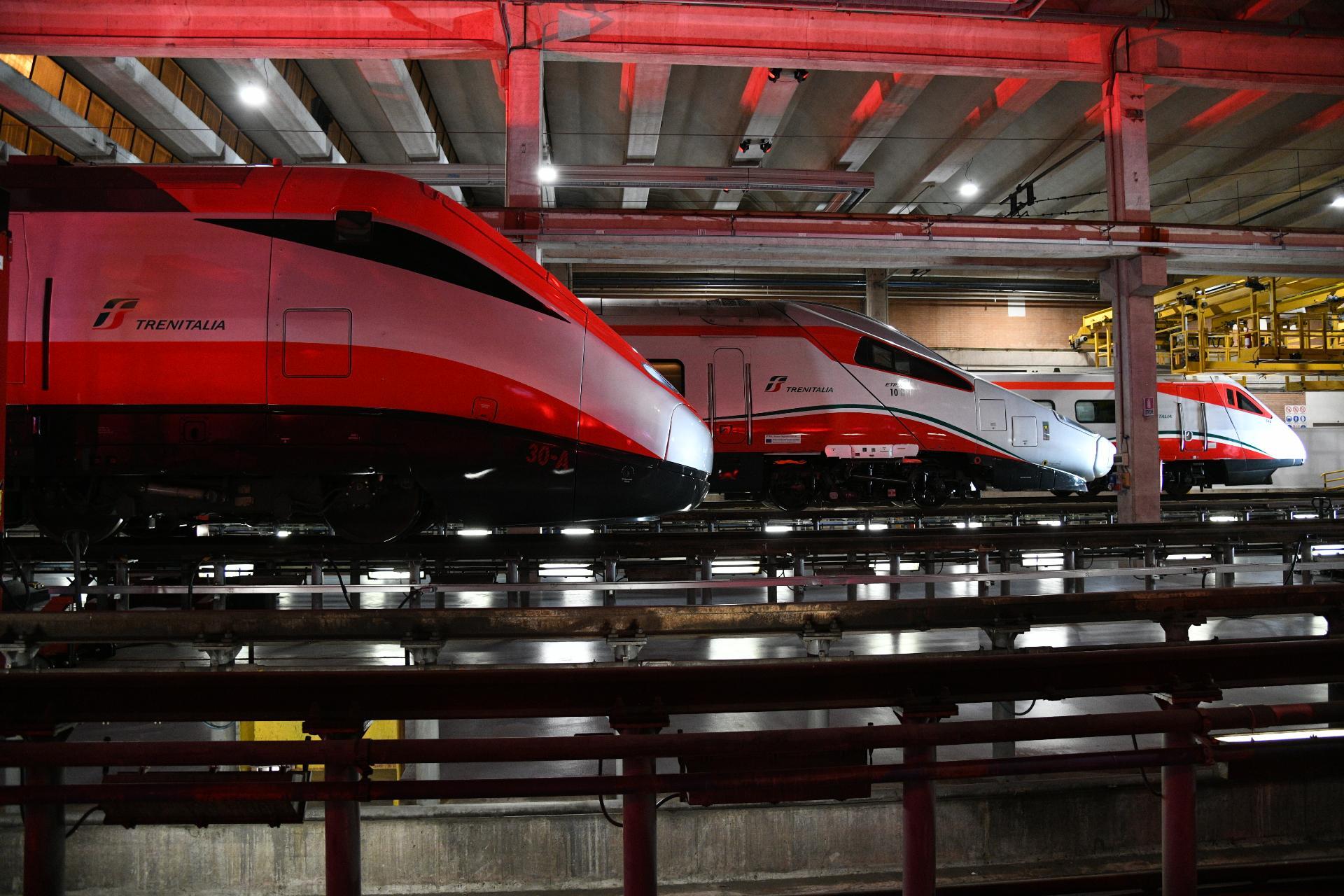Press release – Human rights breaches in the Democratic Republic of the Congo (DRC), Mozambique and the Philippines

Sakharov laureate Dr. Denis Mukwege – The Democratic Republic of the Congo (DRC)
The European Parliament is greatly concerned by the grave danger currently facing Sakharov and Nobel Peace Prize laureate Dr. Denis Mukwege and condemns the recent threats to his life, as well as those made against his family and staff members at the Panzi hospital where he works. Since July this year, Dr. Mukwege has received increasingly serious and sustained threats in response to his repeated calls to bring an end to impunity for perpetrators of sexual crimes and massacres in Kipupu, Sange and the Ituri province in the country.
MEPs commend Dr. Mukwege for his courage and his life-long commitment to fighting the use of sexual violence as a weapon of war and armed conflict. They also welcome the UN decision to reinstate security protection for him. The DRC Government must not delay in carrying out a comprehensive investigation into the threats, as promised by DRC President Félix Tshisekedi, says the text.
The full resolution, which also addresses the general human rights situation in the DRC, past and current violence, the exploration of natural resources in the country and other issues, was adopted by 654 votes in favour, 5 against and 26 abstentions. It will be available in full here. (17.09.2020)
The humanitarian situation in Mozambique
MEPs are very worried about the deteriorating security situation in northern Mozambique, in particular in the Cabo Delgado province, and express their condolences to the victims of the ongoing violence. Since October 2017, the so-called Al-Shabaab terrorist group, allegedly affiliated with the armed group calling itself Islamic State of Central Africa Province, has launched over 500 violent attacks in the area, terrorising the local population, claiming over 1 500 lives and leading to the displacement of over 250 000 people.
The resolution underlines that the current security problems further aggravate an already extremely fragile humanitarian situation deriving from high levels of underdevelopment, climate shocks and conflicts. It calls on Mozambique’s authorities to take decisive action in countering the Islamist insurgence, while also reminding them of their responsibility to bring all those suspected of terrorist activity to justice through fair trials.
MEPs underline that if not stopped, the insurgency will potentially grow and spill over into neighbouring countries, threatening regional stability as seen in the Sahel and Horn of Africa.
For all the details, the full resolution, adopted by 616 votes in favour, 13 against and 57 abstentions, will be available here. (17.09.2020)
The Philippines
Parliament expresses its deepest concern at the rapidly deteriorating human rights situation in the Philippines under President Rodrigo Duterte and calls on the country’s government to implement all the recommendations outlined by the UN High Commissioner for Human Rights to address a range of serious issues, such as the ‘widespread and systematic’ killings related to the authorities’ anti-drug campaign.
MEPs strongly denounce the thousands of extrajudicial killings and other serious human rights violations related to the so-called ‘war on drugs’. They also condemn all threats, harassment, intimidation, rape and violence against those who seek to expose allegations of extrajudicial killings and other human rights violations in the country, including human rights and environmental activists, trade unionists and journalists.
Parliament is further alarmed about the deteriorating level of press freedom in the Philippines, and condemns all threats, harassment, intimidation, unfair prosecutions, and violence against journalists, including in the case of Maria Ressa. All politically motivated charges against her and her colleagues should be dropped, says the resolution.
The text was adopted by 626 vote in favour, 7 against and 52 abstentions, and will be available in full here. (18.09.2020)


